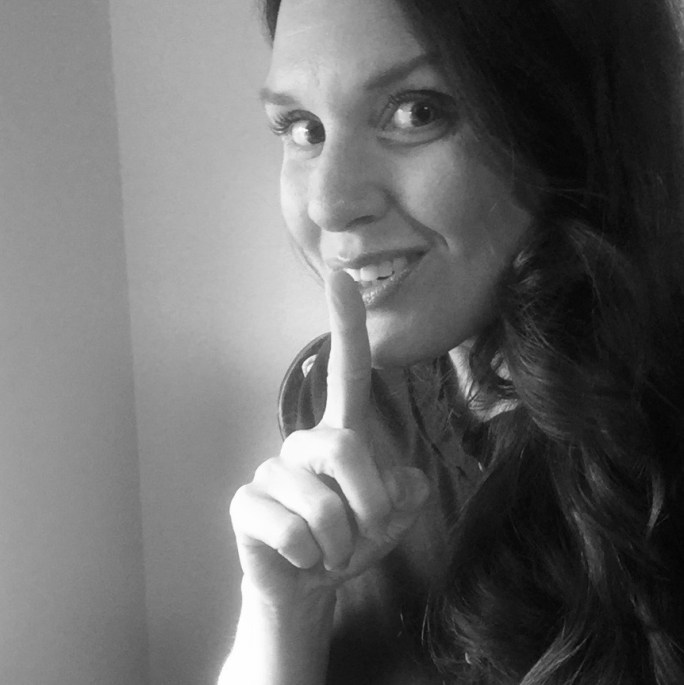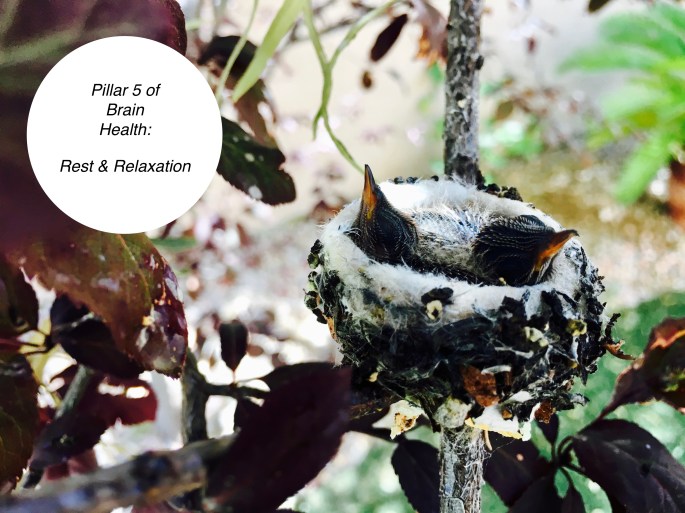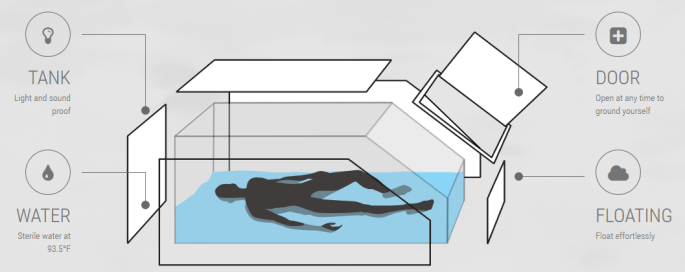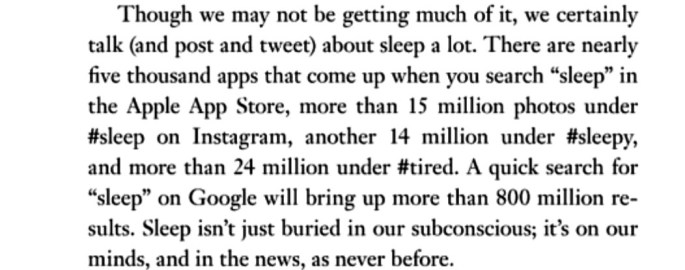It’s no secret. I am, admittedly, a learn-a-holic. I derive ridiculous amounts of pleasure from the mere absorption of information. The unknown becomes known. That may explain my insatiable appetite for Anthony Bourdain’s traveling series, Parts Unknown. His distinct gift of documenting the lives, flavorful fare, and vibrant cultural traditions of the world’s unrevealed places bolsters my intense passion for and longing to understand the world and the nearly 7.5 billion people in it.
Inquiring minds ask a lot of questions, and yes, I am without question, a questioner.
This morning while enjoying a quick walk in the outdoor inferno, I listened to an insightful Kwik Brain podcast. Jim Kwik is an expert on all things brain-related, particularly accelerated learning. You may recall his name from the 6-part series I shared on Brain Health and essential oils last spring. You can find them here, in case you missed them. I had the pleasure of meeting Jim in Las Vegas at the Lou Ruvo Center for Brain Health, thanks to an introduction by a dear friend and behavior design expert, Linda Fogg-Phillips.
In this morning’s bite-sized dose of brain-expanding learning, Jim shared tips for calming the mind by way of the user-friendly acrostic “Q.U.I.E.T.”, (which by the way happens to be an awesome book on the power of introversion by Susan Cain), to help listeners turn off their incessant internal chatter. He said, “Your brain is not designed to work at full steam all the time. Regular simmering down with these tips and hacks is a brilliant move for your wellbeing in life and career. ”
Q: Question
By asking ourselves questions like, “Who am I right now?” and “What do I live for?“, we are able to tap into the present moment and help focus the mind. Try asking, “What do I really need right now?“, or “What is the most delightful thing I have seen all day?” Ask yourself better questions. Asking questions, Jim says, directs our focus and helps us concentrate on what’s most important.
U: Unplug
Get into nature. Opt outside.
There is plenty of scientific evidence showing the positive effects of spending time in the great outdoors. Surrounded by nature, our bodies naturally relax and our brains release feel good chemicals like serotonin. A tip I picked up on another Kwik Brain podcast suggested using the first and last hour of each day to our advantage. These are the hours we are typically less distracted, and have the highest ability to control. (Hint: avoid grabbing your phone and reacting first thing in the morning as well as responding to work emails late at night when you could be reading/ relaxing in your bed setting your brain up for much needed time recovering).
I: Integrate
By integration, Jim is referring to the integration of our 5 senses: touch, taste, sight, sound, and smell. He notes, ” Scientists can now show it’s possible to regulate how aroused you are through the five senses, as well as through the vestibular system.” The vestibular system is our sensory system controlling things like our forward and backward motions, as well as working in tandem with our body awareness sense, proprioception, to provide a sense of balance and spatial orientation. These are often referred to as our sixth sense. By activating any one of our senses, we are able to step out of our minds, and into our bodies.
Here’s where aromatherapy shines! By activating our olfactory system (sense of smell), we are able to get our of our heads, and into our bodies! As I write this post and share with you, I am diffusing Cilantro essential oil and am enjoying the steady mist of this fresh, herbaceous, and incredibly cleansing essential oil. Cilantro essential oil is used to help support the body in detoxing from heavy metals and free radicals, and is especially helpful in reducing anxious feelings. Here are some other key benefits of using Cilantro essential oil.
In addition to activating your sense of smell to initiate a quiet mind, you may try integrating other senses by:
- dimming the lights
- sitting under a weighted blanket ( this is a ritual for me)
- listening to nature sounds
- forward folding postures
- balancing on 1 leg
- rocking in a chair
- deep breathing
- sipping essential oil flavored water
- inhaling your favorite essential oils in the palms of your hands
- and for the guys out there… try fly fishing, or swinging a golf club!
E: Exercise
Movement. Shakes things up and gets blood flowing! According to a Harvard Medical School Journal, aerobic exercise may boost the size of the hippocampus- the part of the brain involved with verbal memory and learning. You can read the full story here. In addition to supporting your heart and lungs, exercise boosts endorphins and is a form of meditation in motion. The effort given to a particular motion, whether it’s hiking, cycling, walking, running, fishing, golfing, or playing tennis helps take our minds to a different place and often frees us temporarily of our troubles. I find that chopping fresh vegetables has a similar relaxing effect on the mind, and of course, so does enjoying my favorite sweet treats at night!
T: Transcendental Meditation
Jim’s final suggestion in Q.U.I. E.T ing the mind is Transcendental Meditation. You may be thinking, “What is it? and “How exactly do you do this?” In a simplified explanation, TM, as it’s commonly referred to, involves the use of a mantra for 15–20 minutes twice per day while sitting with the eyes closed. This may be a particular phrase, affirmation, or sequence of words on which you choose to focus. Close your eyes, and repeat the words or phrasing over and over in your mind and allow them to come into laser focus. Don’t worry if you don’t get it right or if it feels like it’s just not your thing.
Like most things in life that are good for us, quieting the mind is a habit, and according to my dear friend and behavioral design expert Linda, habits begin as seedlings and through practice, consistency, and a favorable environment, they grow into thriving behaviors.
Here’s to discovering a little more QUIET in your world.
Stand In Love,
Jen




